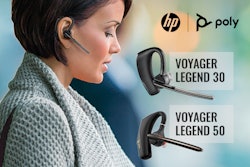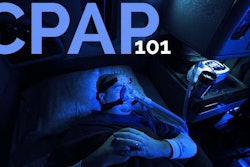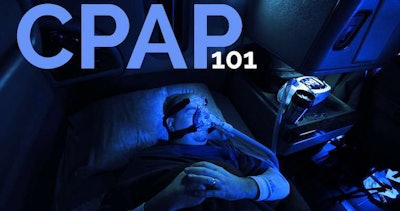

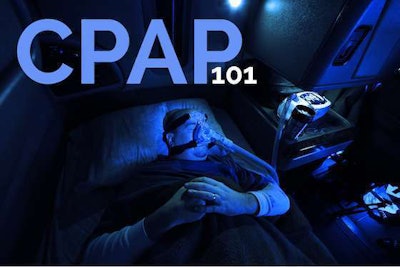
Whether a Continuous Positive Airway Pressure machine, or CPAP, is inconvenient or invaluable will depend on the individual driver, but truckers Terry Batchelor and Joey Real agree their devices have been life-changing.
Batchelor has had his CPAP for around three years now and he says it is by far the healthiest time of his life. He previously weighed 354 pounds and is now down to 301 pounds, and is still losing weight. He’s been on blood pressure medicine and his blood pressure is now in a healthy range. His doctor has talked about lowering his blood pressure medicine and his Type 2 diabetes going away completely.
“It’s mind-boggling the difference it will make. Your physical, mental and overall health will improve dramatically. That in and of itself is worth whatever they want to charge you for,” Batchelor said.
The only inconvenience Batchelor has faced is when he has had to sleep without it. He’s almost 57 years old and has been driving trucks for 25 years, and he thinks his CPAP extended his life and his career.
“I’ll be 57 in June and I’m pretty sure I extended my life quite a bit by getting that machine. The effect of sleep apnea are horrible. I never realized it. I always tried to convince myself, nah, that’s just normal,” Batchelor said.
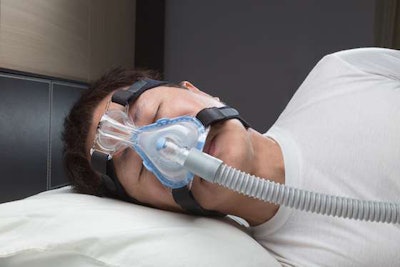 Sleep apnea masks come in three main varieties: Full face mask, nose mask and nasal pillows.
Sleep apnea masks come in three main varieties: Full face mask, nose mask and nasal pillows.Because Batchelor isn’t over the road anymore, he doesn’t have to worry about having an inverter. Real uses an inverter in his truck for his CPAP and says it doesn’t use much power.
“Most of us out here have microwaves and TVs and everything now, so it’s not uncommon to have a 1,500-watt inverter in a truck anyway. It’s pretty portable. The one I got came with a little carrying case so that when I do go home I can carry it on in the house,” Real said. “It’s not in the way. It’s not very big. It’s smaller than a loaf of bread.”
While Real appreciates how his CPAP has improved his sleep and overall health, there are still some nights where he’ll wake up with his mask irritating him. If he’s already reached the threshold to be compliant, he’ll just take off the mask and sleep without it for the rest of the night.
“I was very concerned with whether I was going to be able to sleep with this thing attached to my face. It takes some getting used to. I’ve been on it for probably close to a year and still to this day there are nights where I’ll wake up in the middle of the night and it’s just really irritating me. I’ll take it off, ” Real said. “I have to use it for a minimum of four hours a night to be compliant and I’ll look and see hopefully it’s been four hours.”
Even with those occasional difficult nights, though, Real still thinks his CPAP has been worth it. A lot of his initial symptoms – muscle cramps, frequent naps, falling asleep during the day – have dissipated entirely.
“I kind of scoffed at it at first too but now in hindsight that thing probably saved my life because of the numbers that I tested at. It was extremely dangerous and I had no idea,” Real said.
